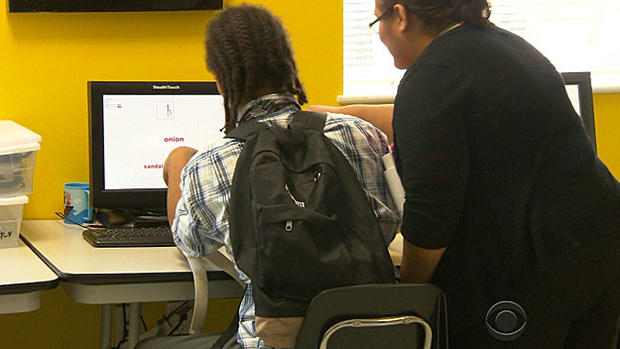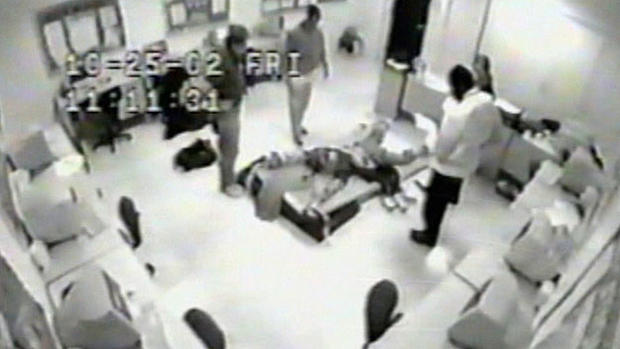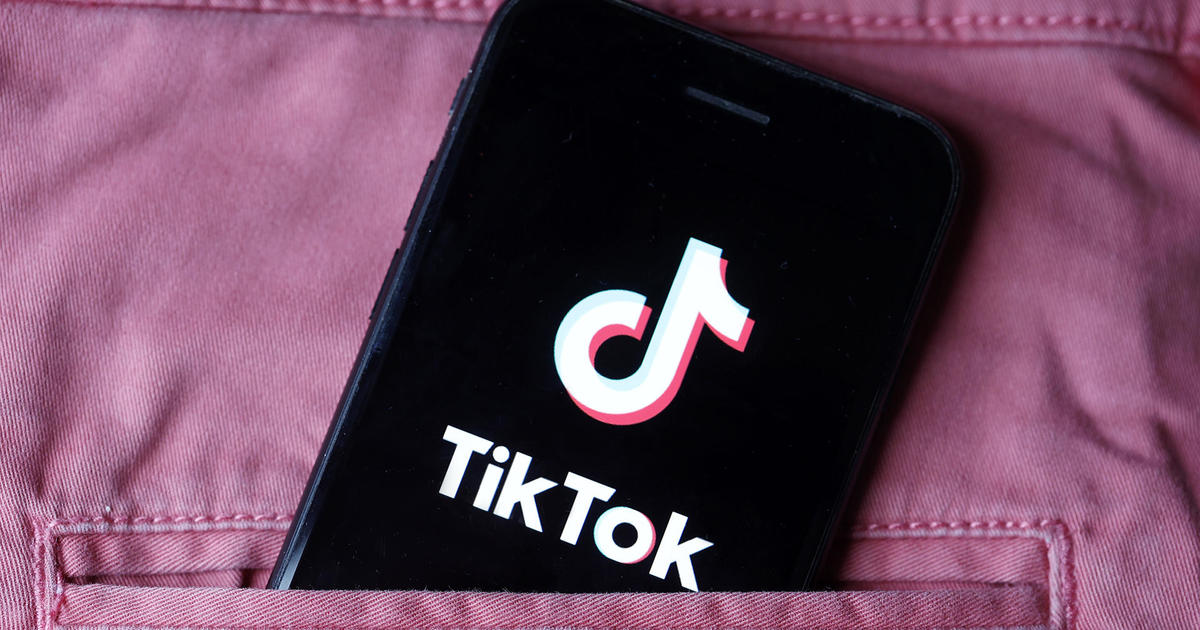FDA Considers Ban On Shock Devices Used At Judge Rotenberg Center In Canton
BOSTON (CBS) - The Food and Drug Administration is considering a ban on electric shock devices used on teenagers and adults with disabilities at a school in Canton.
The Judge Rotenberg Center has been under scrutiny since a tape came out in 2012 that shows a student tied to a restraint board being shocked 31 times.
It's the only center in the nation using electric shocks on people with developmental disabilities, including autism, according to CBS News.
Center officials insist the shock program is the only thing that works on people with severe behaviors to stop them from hurting themselves or others. They believe it's a final option after all other treatment options have failed.
But a former student, Jennifer Msumba, told the FDA the system should be banned.
Msumba, who has autism, lived at the center for seven years.
She wore a backpack with a shock device inside. Staffers would shock her using a remote control for prohibited behaviors ranging from head-banging to hand movements.
"I felt like I was being punished for being born," Msumba told CBS News correspondent Anna Werner. "Because I was disabled I was being punished."
Msumba is now suing the Judge Rotenberg Center.
The practice came under scrutiny in 2012 after a videotape was presented in a court case filed by the mother of 17-year-old student Andre McCollins.
She sued after discovering he had been restrained by his arms and legs and then shocked 31 times over 7 hours.
The McCollins lawsuit was eventually settled out of court. The Judge Rotenberg Center told CBS News the restraint board is no longer used.
But, the center credits the shock program with helping residents, including one who went into severe rages.
Glenda Crookes, the center's director, told CBS News the shock students receive is painful, but it feels like a bee sting.
"When you put that device on them, they're not hurting themselves anymore, they're not hurting other people anymore, and their affect, it just changes," she said.
The FDA is expected to make a decision on a ban any day now, according to Werner.
You can see much more of Werner's report on CBS News.com.





